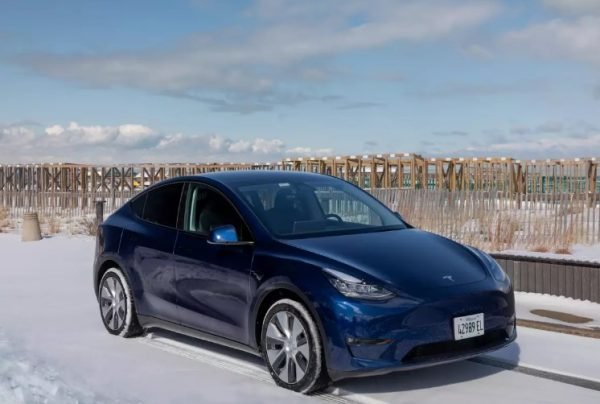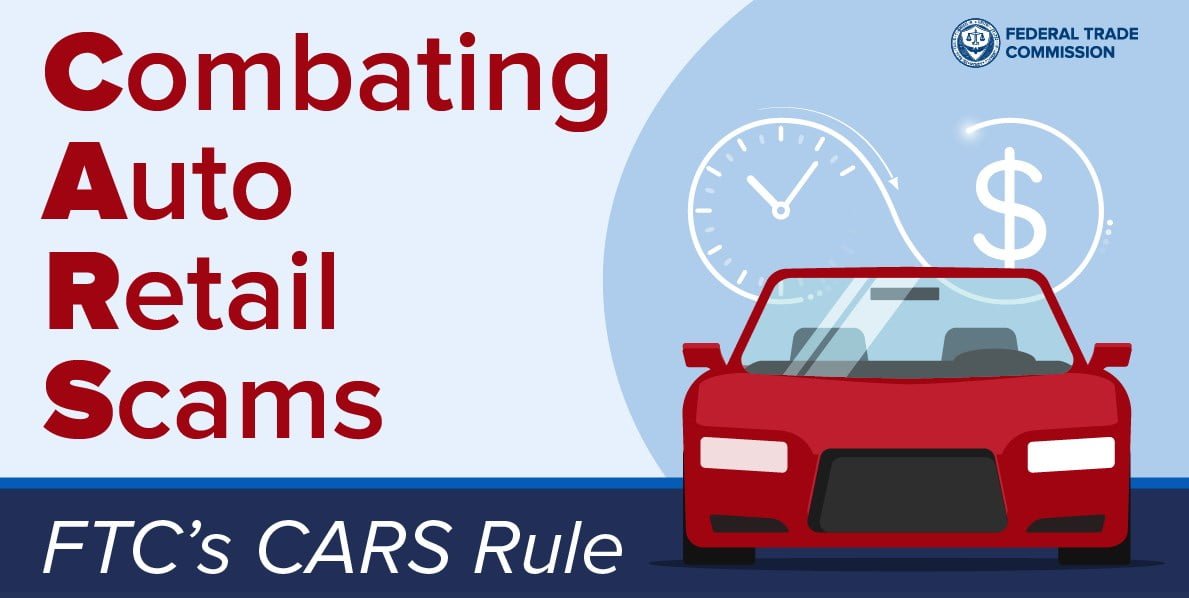Tesla is recalling more than 2 million vehicles equipped with its Autopilot feature because of what the National Highway Traffic Safety Administration deems “controls insufficient to prevent misuse.” The recall applies to model-year 2012-23 Model S sedans, 2016-23 Model X SUVs, 2017-23 Model 3 sedans and 2020-23 Model Y SUVs equipped with Autopilot.
The Issue
For applicable Tesla models, the lane-centering feature of Autopilot, called Autosteer, is the chief issue. According to NHTSA, “In certain circumstances when Autosteer is engaged, the prominence and scope of the feature’s controls may not be sufficient to prevent driver misuse of the SAE Level 2 advanced driver-assistance feature.” This can lead to an increased risk of a crash when drivers aren’t prepared to intervene because they don’t pay adequate attention to road conditions, Autosteer’s behavior, or if Autopilot or Autosteer remain engaged.

The Fix
Rather than a recall that requires taking a vehicle to a dealership for a physical repair, Tesla will issue a free over-the-air update to the software of affected vehicles that “will incorporate additional controls and alerts to those already existing on affected vehicles to further encourage the driver to adhere to their continuous driving responsibility whenever Autosteer is engaged, which includes keeping their hands on the steering wheel and paying attention to the roadway.” Depending on vehicle hardware, additional controls include increasing the prominence of visual alerts on the user interface, simplifying engagement and disengagement of Autosteer, additional checks upon engaging Autosteer and while using the feature outside controlled access highways and when approaching traffic controls, and suspension from Autosteer use if the driver repeatedly fails to demonstrate “sufficient” driving responsibility while the feature is engaged.
Tesla will send owner notification letters by Feb. 10, 2024, but according to NHTSA, the over-the-air update began going out Dec. 12 with software version 2023.44.30.


